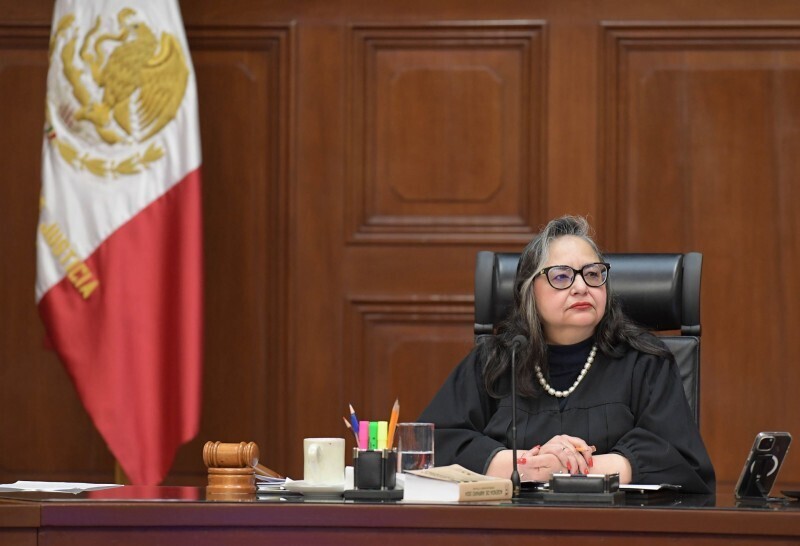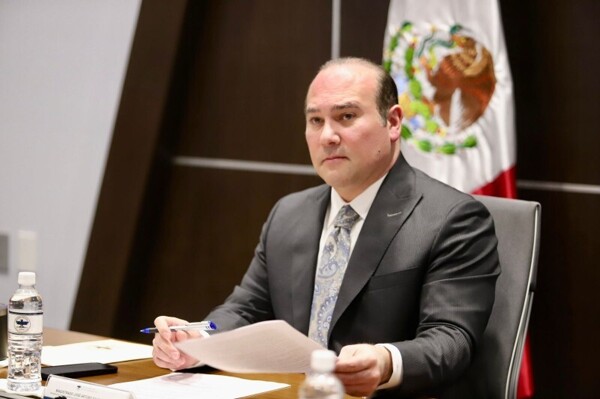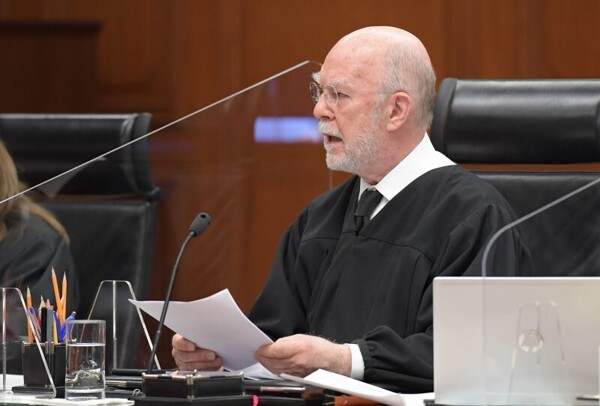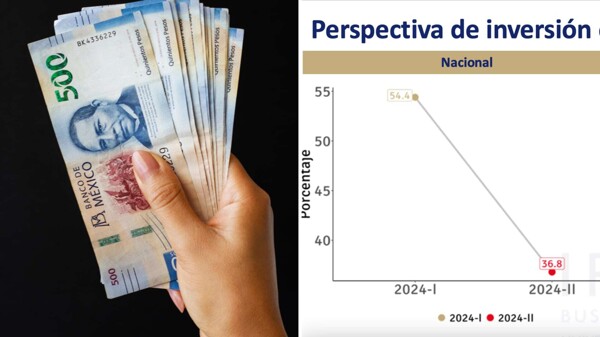
The project presented by José Luis González Alcántara Carranca has been considered by many judicial operators as a Solomon-like decision. In this project, it is proposed that the ministers of the Supreme Court of Mexico resign in a sort of patriotic immolation, but the judges and magistrates from all districts and circuits would remain in their positions.
The independent ministers of the Court, excluding Loretta Ortiz, Yasmín Esquivel, and Lenia Batres, could win a historic battle by setting the precedent that the Court can indeed review the invalidity of a constitutional reform. Additionally, this group of eight ministers would be seen as heroes by the judicial community for protecting the positions of thousands of judges and magistrates.
González Carranca's proposal seeks to maintain the basic structure of the judicial system of Mexico without alterations. In this way, the thousands of judges would not have to undergo electoral revalidations that could be affected by the possible infiltration of organized crime. The creation of a Discipline Tribunal to supervise the judges and magistrates of the country is also considered.
Although the project still needs to be debated in full next Thursday, it is expected that there have been private conversations among the ministers regarding this. This proposal would represent a first step towards the democratization of justice in Mexico and would allow the 4T to build a majority in the new integration of the Supreme Court.
Behind the legal aspects of the project, there could be negotiations related to the lifetime pensions of the outgoing ministers. Finally, there is the possibility of validating the idea that the Supreme Court be elected by popular vote, which would reinforce the central narrative of the 4T.
In summary, González Carranca's proposal seeks a negotiated exit for the renewal of the Supreme Court, although it is not yet confirmed that this will take place.














